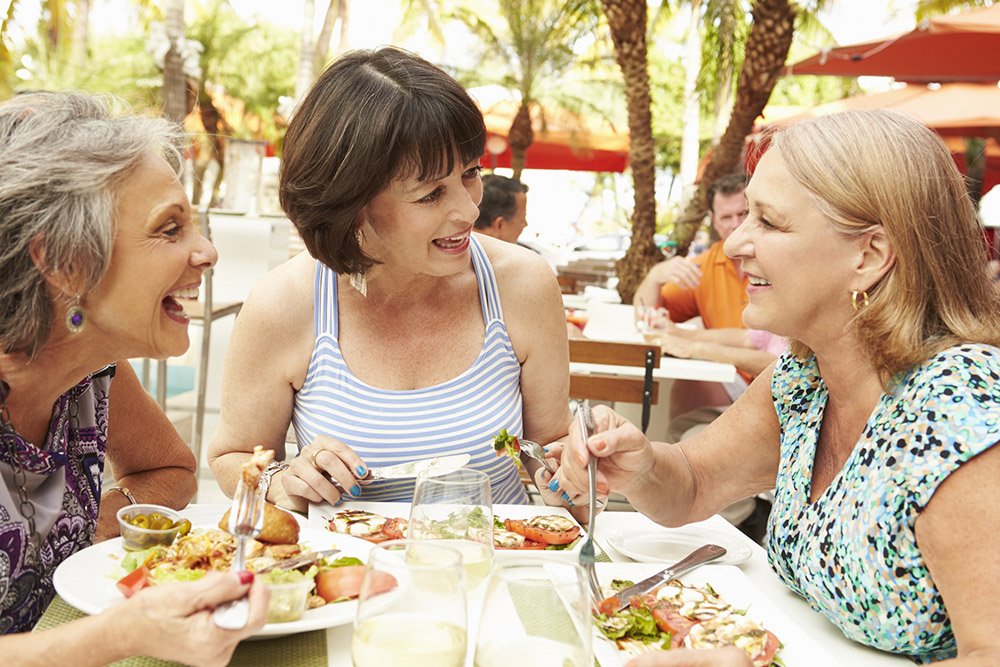Long Island Registered Dietitian’s Nutrition Tips on:
HOW TO REDUCE YOUR RISK OF BREAST CANCER
Approximately one-third of postmenopausal breast cancer is due to factors that cannot be controlled, but that means that two thirds are due to lifestyle issues, which we can control.
In a (Liebman 2021) Nutrition Action article, “Breast Cancer: What May – and May Not – Lower Your Risk”, Walter Willet, Harvard professor, says that genes are not the “the whole ballgame.” He states, “Lifestyle is very powerful.” Regina Ziegler (former senior investigator at the National Cancer Institute) confirms by stating, “lifestyle is a major determinant of the high rates of breast cancer in the U.S.”
WEIGHT
The single most important risk factor for a postmenopausal woman to develop breast cancer is weight gain. John Willet states, “the pound or two a year that many women gain adds up to a lot of risk by the time they hit 50.” (Liebman 2021) The explanation: When a woman goes into menopause, the ovaries no longer are the major source of circulating estrogens. The conversion of androgens into estrogen in the fat cells of the breast or elsewhere become the primary source of estrogen in the body. Therefore, the more fat cells you have, the higher the estrogen levels, increasing your risk of developing cancer.
On a positive note, the article quotes (Liebman 2021) who states, “there is good evidence that sustained weight loss after menopause reduced the risk of breast cancer.” As a Registered Dietitian Nutritionist, I work with many women to help them lose weight and of equal importance, sustain the weight lost, by individualizing and personalizing their food program. It is important to understand that even small losses, 5-10 pounds, can make a difference.
STAY ACTIVE
Multiple studies conclude that women who do more exercise have a lower risk than those who are sedentary.
ALCOHOL
Though it is not clear how alcohol may promote breast cancer, and the risk is small (but statistically significant), research shows that women who drink at least 2 drinks a day have a higher risk.
WHAT TO DO TO PROTECT AGAINST BREAST CANCER
Select a plant forward plan that includes a variety of fruits and vegetables that are both cooked and raw. This type of plan is very successful and should be utilized to attain and maintain an optimal weight.
Active lifestyles paired with a healthy diet are the ideal combination for wellness.
Reference:
Liebman, Bonnie. “Breast Cancer: What May – And May Not – Lower Your Risk.” Nutrition Action, June 2021.
HOW TO REDUCE YOUR RISK OF BREAST CANCER



